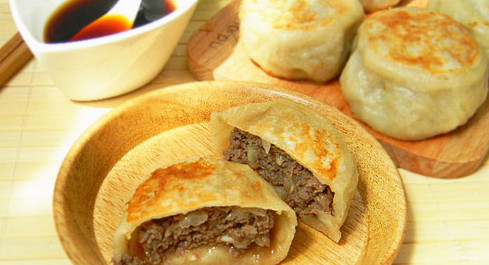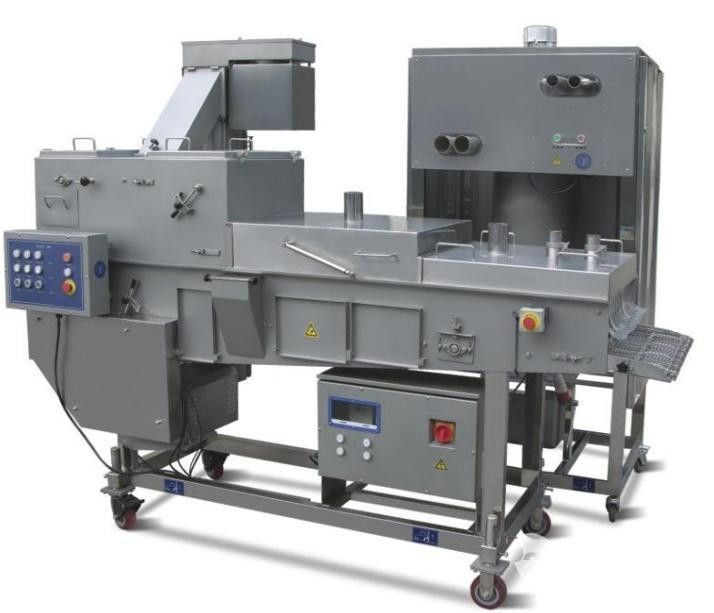- 86-05331-85064683|
- Request a quote
See More

With the increasingly stringent hygienic standards in the world food industry, green food processing technology has been more and more popular. Microwave technology is an advanced application technology in food processing engineering in recent years. In this paper, the processing mechanism, process characteristics, development and application status of microwave drying, microwave extraction and microwave extrusion technologies are described, and the future development prospects of microwave technology are predicted.The application and development of microwave food industry started slowly, and it was not until 1986 that industrial microwave equipment was used in food industry.Temperature regulation, pre-boiled bacon, poultry, meat cake processing, noodles, fast food and drying of fruits and vegetables and disinfection of bread and yogurt . In recent ten years, microwave food industry has developed rapidly, and microwave food processing equipment has grown rapidly all over the world. Special industrial microwave equipment has many types, such as vacuum drying, freeze drying, disinfection and sterilization, baking, hot blanching and so on.

Principle and Characteristics of meat patty forming microwave sterilization machine:
Food processing mainly uses the thermal effect of microwave. Microwave penetrates the material and interacts with the polar molecules of the material. The polar orientation of the material changes with the change of the external electromagnetic field, resulting in sharp friction and collision between the molecules, and heating the parts of the material at the same instant. This kind of heating method, which makes the whole body become a heat source, is called microwave heating.

The mechanism and characteristics of microwave sterilization:
The microwave sterilization machine mainly includes thermal effect theory and non-thermal effect theory. Thermal effect theory holds that microwave has high frequency characteristics. When it penetrates the medium, polar molecules such as water, protein and nucleic acid move in orientation by the action of alternating electric field, rubbing each other to produce heat, which leads to the rise of temperature and the modification or inactivation of microbial proteins and nucleic acid molecules, thus killing microorganisms. Non-thermal effect theory mainly includes membrane ion channel model and protein denaturation model. The former considers that the biological reaction of microwave to bacteria is that microwave electric field changes the electron distribution of cell membrane cross section, affects the concentration of electrons and ions around cell membrane, thus changes the permeability of cell membrane. Bacteria can not metabolize normally, the structure and function of bacteria are disordered, and the growth and development of bacteria are inhibited and die. The latter holds that polar molecules such as proteins, nucleic acids and water in microorganisms cause the rotation or vibration of protein molecular groups with the change of microwave polarity in the microwave field of high frequency and strong electric field, which denatures the protein molecules and achieves the purpose of sterilization.
With the development of science and technology and the demand of society, people pay more attention to energy-saving and effective food high-tech. The application of microwave technology in food industry is the inevitable product of scientific development and human social progress. At present, it has developed into a very promising new technology at home and abroad. Through the joint efforts of microwave industry and food industry technicians, further improve the theory of microwave food processing, develop new microwave processing equipment, establish microwave food processing technology, microwave technology in food processing will be increasingly in-depth and extensive application. The production efficiency, technological level and food quality and safety of food processing will be further improved. Therefore, microwave technology with its unique heating characteristics will have a very broad application prospect in the food industry.
See the news list>>